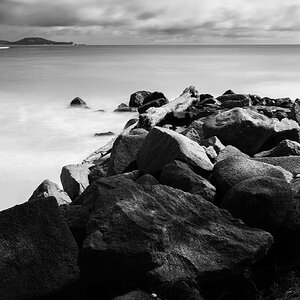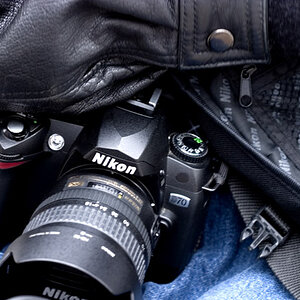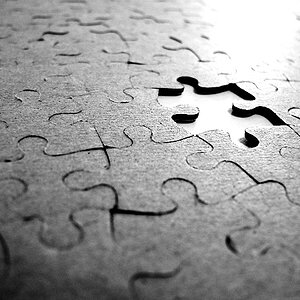Adroit
TPF Noob!
- Joined
- Jun 6, 2012
- Messages
- 7
- Reaction score
- 1
- Location
- Nagano City
- Can others edit my Photos
- Photos OK to edit
I hope this question hasn't been answered (oh well, I'm sure it has, but I can't think of a good search string to find it).
I own a D300 with an 18-200 zoom, which of course is a DX lens. My questions is, is the 18-200mm focal range relative to the DX sized sensor, or a medium format 35mm sensor?
Another way of phrasing it; if I zoomed all the way to 200mm with my 18-200 DX on my D300, and then zoomed all the way to 200mm with a 70-200 FX lens attached to a D3, would I see the same level of zoom on both cameras, or would the D300 appear to be further zoomed in because of the crop factor?
I own a D300 with an 18-200 zoom, which of course is a DX lens. My questions is, is the 18-200mm focal range relative to the DX sized sensor, or a medium format 35mm sensor?
Another way of phrasing it; if I zoomed all the way to 200mm with my 18-200 DX on my D300, and then zoomed all the way to 200mm with a 70-200 FX lens attached to a D3, would I see the same level of zoom on both cameras, or would the D300 appear to be further zoomed in because of the crop factor?



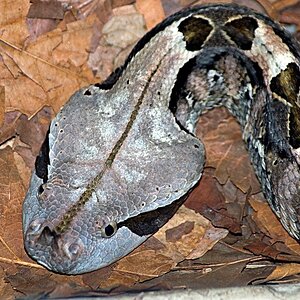

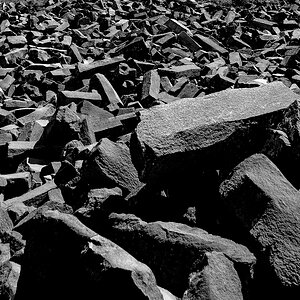
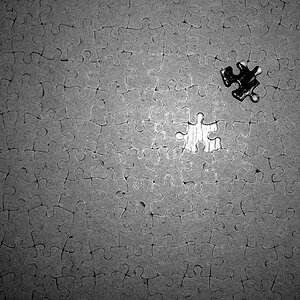

![[No title]](/data/xfmg/thumbnail/34/34061-e097813b3719866d07ff3e78e8119ffa.jpg?1619736258)
![[No title]](/data/xfmg/thumbnail/34/34063-09779b4ba56a0acb2b0fa36cf8720dfb.jpg?1619736260)
